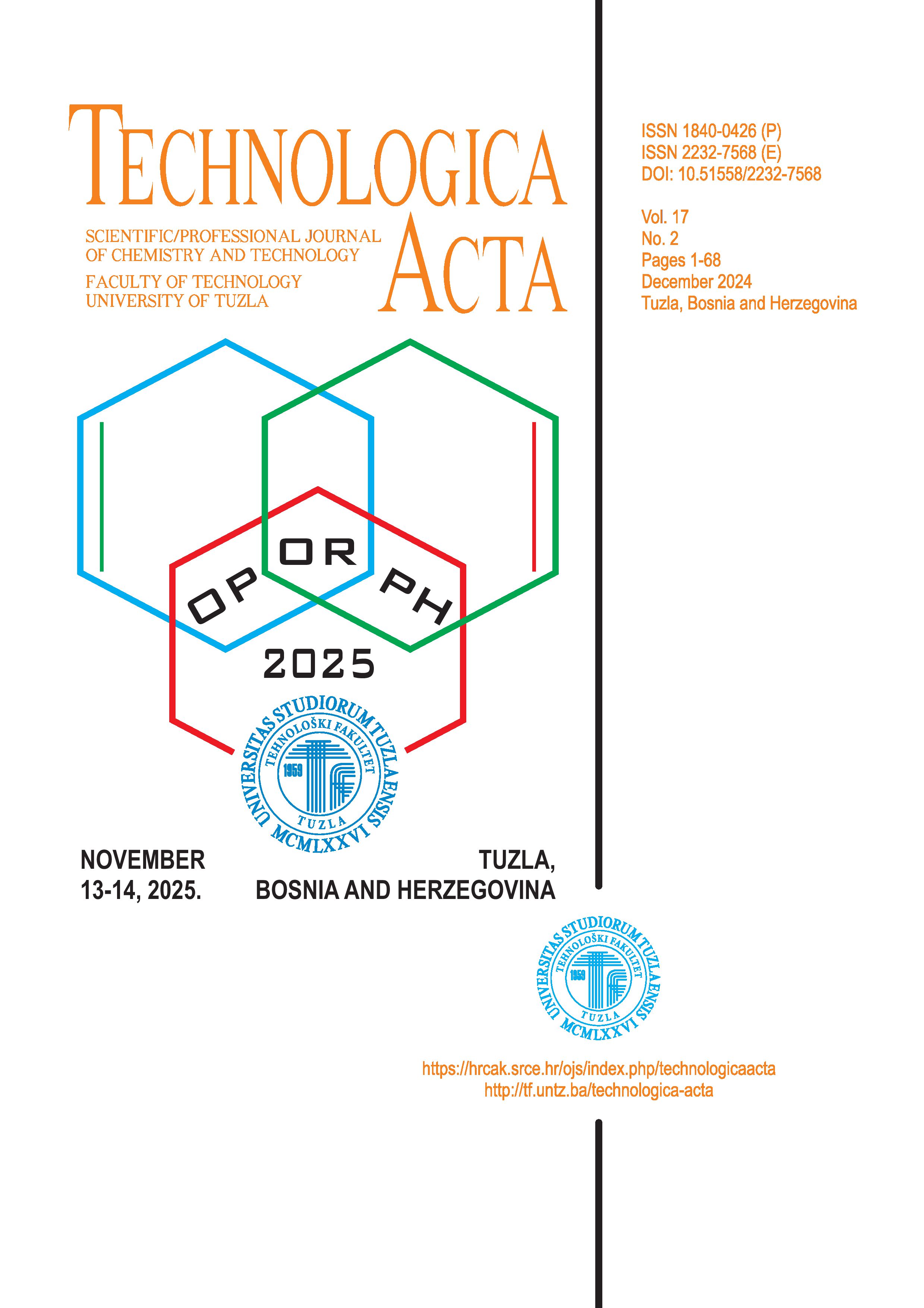Application of mycorrhizal fungi in the production of tomatoes in a closed space
Keywords:
mycorrhization, symbiotic relationship, yield increase, biotic and abiotic resistance to stressAbstract
Agricultural production requires alternative solutions for the application of pesticides and mineral (artificial) fertilizers. One reliable solution is certainly the application of mycorrhiza, because in addition to reducing the use of pesticides and mineral fertilizers, it increases the resistance of plants to biotic and abiotic stresses. Mycorrhizal inoculation improves nutrient and water uptake in many host plants. Arbuscular mycorrhizal fungi (AMF) grow in close association with plant roots and play an important symbiotic role in the uptake and transfer of water and nutrients in the root system; in exchange, the plant supplies the fungus with sugars. The goal of this research is the possibility of controlled application of mycorrhizal agent on tomato plants in the amount of 1, 3 and 6 grams, in order to determine the existence of benefits of their application on yield, vigor and resistance of plants to pathogens and stress. Mycorrhiza improves plant growth, root system development, increases yield and crop quality.
Downloads
Published
Issue
Section
License
Copyright (c) 2025 Besim Salkić, Almir Sarajlić, Emir Imširović, Ensar Salkić, Aleksandar Životić

This work is licensed under a Creative Commons Attribution 4.0 International License.


